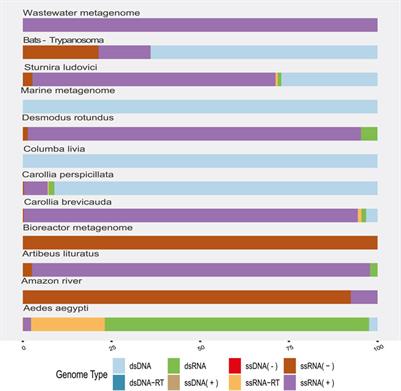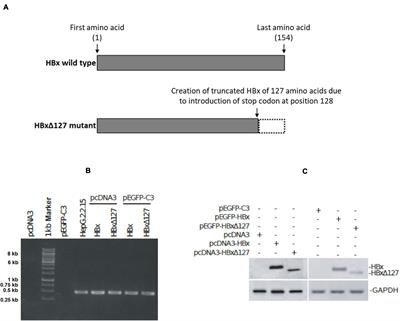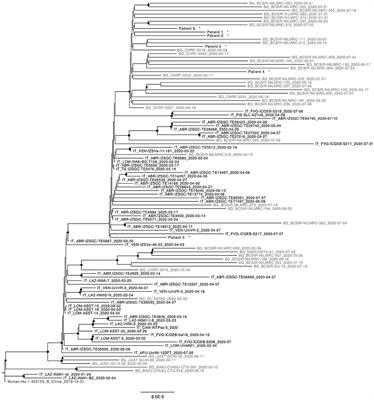EDITORIAL
Published on 11 Aug 2022
Editorial: Decoding the genetics of viral evolution
doi 10.3389/fgene.2022.978485
- 740 views
7,183
Total downloads
31k
Total views and downloads
Select the journal/section where you want your idea to be submitted:
EDITORIAL
Published on 11 Aug 2022
ORIGINAL RESEARCH
Published on 25 Mar 2022

ORIGINAL RESEARCH
Published on 21 Jan 2022

MINI REVIEW
Published on 15 Jun 2021

ORIGINAL RESEARCH
Published on 12 Mar 2021

BRIEF RESEARCH REPORT
Published on 09 Feb 2021


Frontiers in Ecology and Evolution